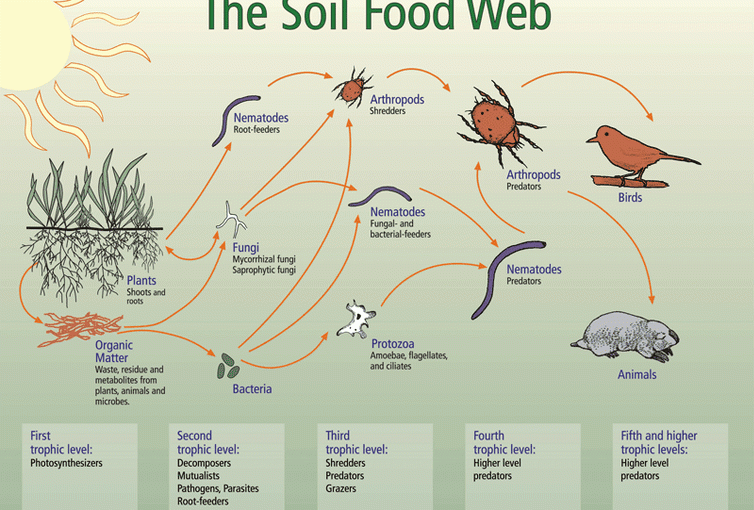This is a continuation of my previous writ “Why I Am No Longer a Raw Vegan.”
To further clarify my point. Because I would hate to see people walk away from a whole-food/plant-based diet when they don’t need to.
We can get enough of the right stuff in from a whole-food/plant-based diet, but we need to be sure to be getting ENOUGH of ALL in their organic forms. Calcium, magnesium, chloride, phosphate, potassium, and sodium are the 6 most important electrolytes that our bodies need to function properly.
These electrolytes are minerals in our body that have an electric charge. They are in our blood, urine, tissues, and other body fluids. Electrolytes are important because they help balance the amount of water in our bodies. Balance our body’s acid/base (pH) levels. Their job is to move nutrients into our cells and waste out those cells. They ensure that your brain, heart, skin, muscles, nerves work the way they are crafted to.
Our body cannot function properly if these are not being consumed in sufficient amounts. And if you get too many, our kidneys are there to remove any excesses. On the flip side, our body cannot make these on its own and has to work harder to correct the imbalances by lowering the levels of all the electrolytes across the board spending our vital energies and bodily fluids that could be used elsewhere.
The problem with a fruitarian, frugivore, or any other raw diet is that the so-called “approved,” selections oftentimes won’t provide enough of the required electrolytes for continuous optimal function resulting in disfunction. Not because there is something wrong with being a frugivore as some can do so successfully, but that most people on Earth live far enough outside of the temperate zones where there is plenty and often times find themselves eating more of one kind rather than a rich variety.
The kinds of foods that do contain ENOUGH of ALL the required electrolytes cannot be assimilated in their raw state. Hence, the suggestion to eat your vegetables in the form of a slow-cooked soup.
Pick any or all of our common fruits consumed on a typical raw vegan, frugivore, or fruitarian diet and go through the above listed 6 electrolytes and see how much each of those is found in sweet juicy fruits and gentle leafy greens. It should become obvious to anyone how problematic it would be and how difficult it would be to get enough from eating raw alone in most parts of the world we live in today. The only one you might get enough of is potassium.
Yet a homemade bowl of slow-cooked vegetable soup that contains dark leafy greens, legumes, lentils, and sweet potato for dinner a few nights a week would solve this problem sufficiently. The attached picture will give you an idea.
And to be clear, I am not suggesting the use of table salt. It is not necessary. But it sure does taste good.
Sodium is necessary for our muscles and nerves to function properly. It also helps by controlling the fluids in our body that impact blood pressure.
Chloride is important in that it balances out other electrolytes. It also balances acidity and alkalinity, maintaining healthy pH, and is essential for nutrient assimilation.
Potassium is important for overall muscle contraction which in turn also regulates our heart and blood pressure. It assists in the transmission of nerve impulses. It also contributes to bone health.
Magnesium is important to the production of what we call proteins; our body’s machinery that does most of the heavy lifting along with the instructions for those biological machines so that they can function properly in both stable and changing environments. The rhythm of our heart depends on it. It is a regulator of glucose levels in our blood and enhances our immune functions.
Calcium is important for strong bones and healthy teeth. It is an important regulator of nerve impulses and muscular movements. It also assists in the formation of blood clotting factors.
Phosphate enhances the work of calcium by strengthening bones and teeth. It also assists in the production of energy needed for soft tissue growth and repair.
Bicarbonate plays a key role in balancing our body’s pH levels while helping control electrical signaling at the cellular level in conjunction with sodium, potassium, and chloride.
